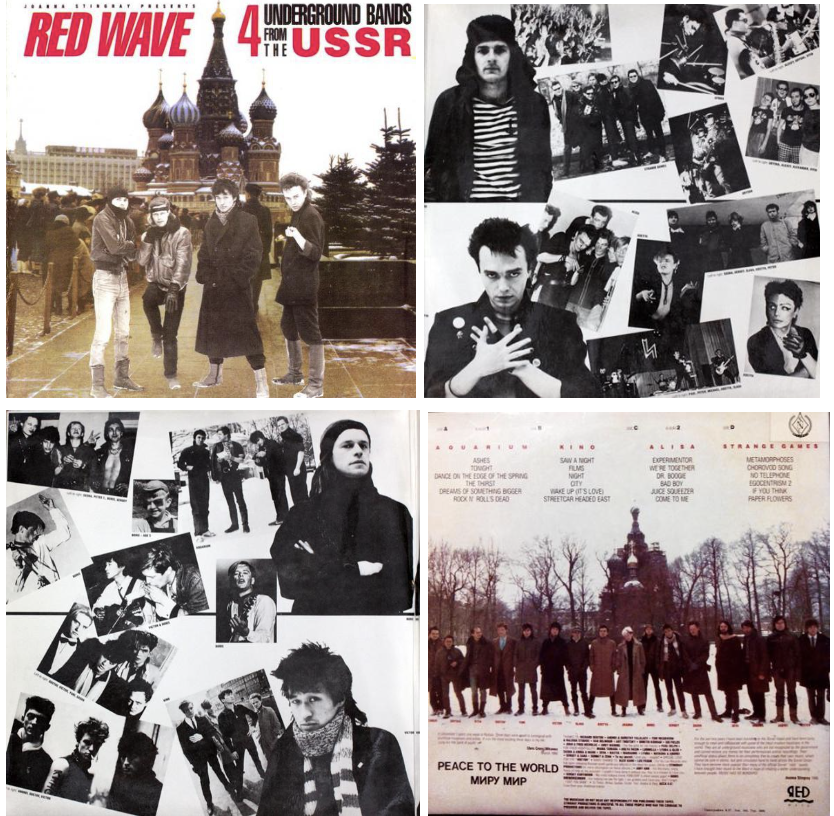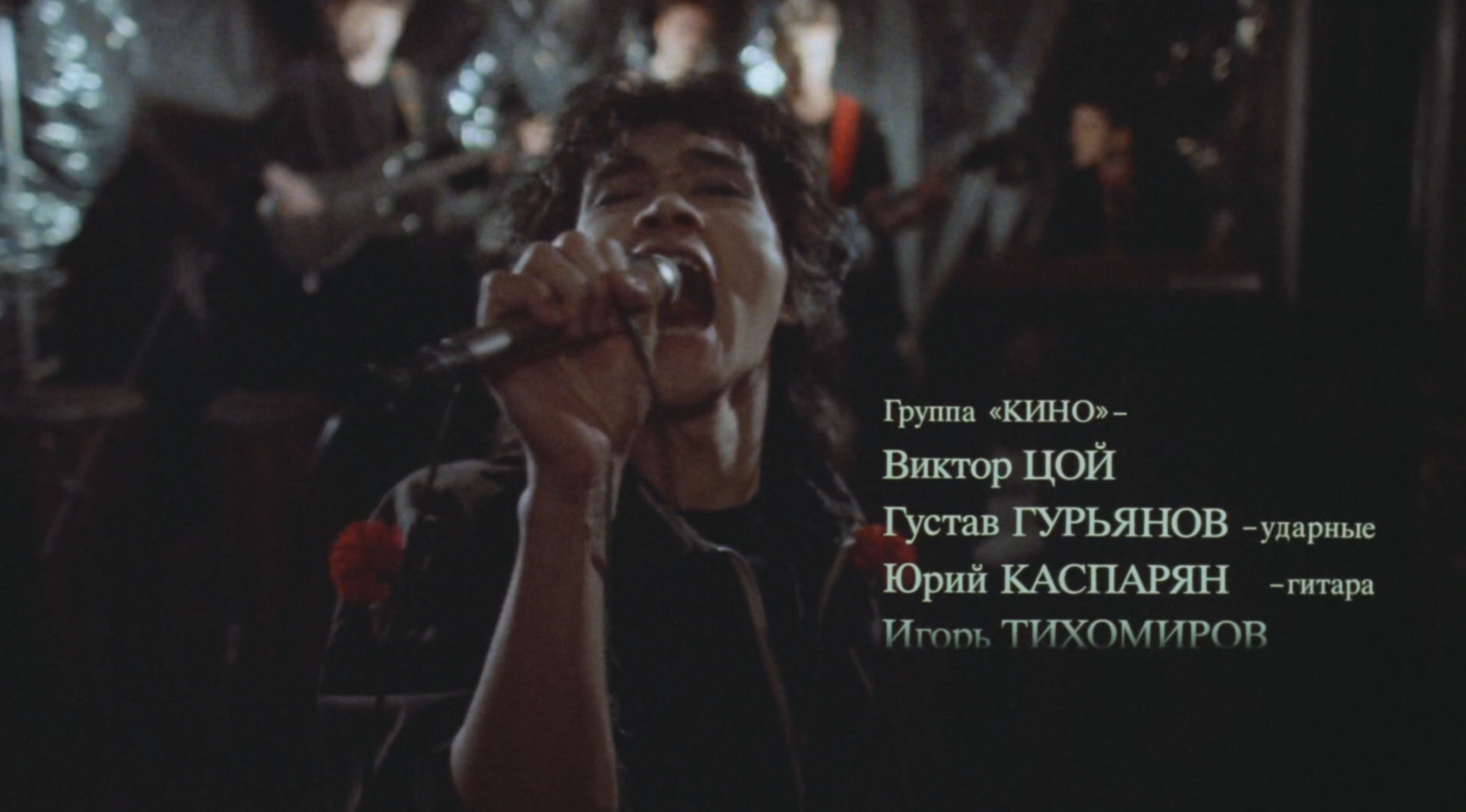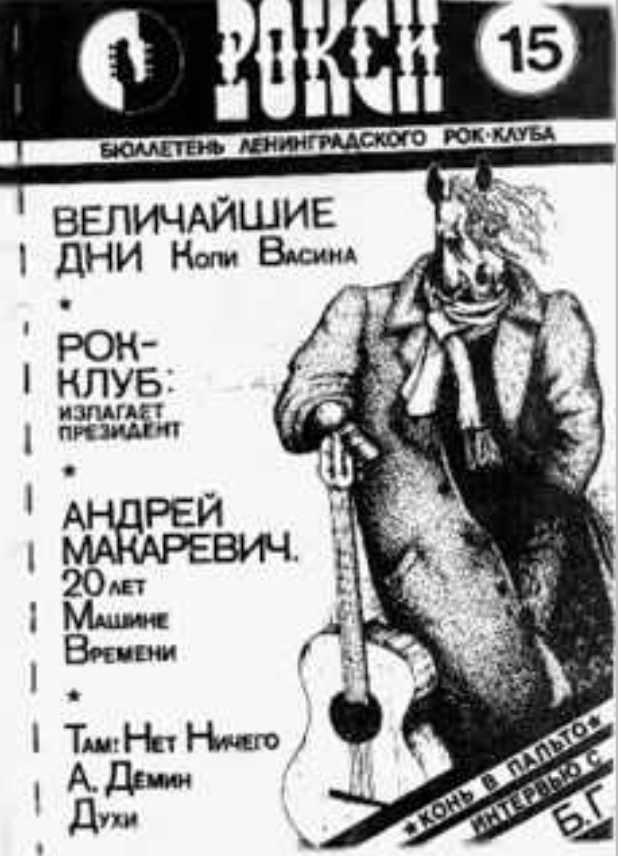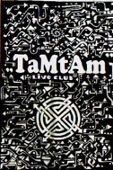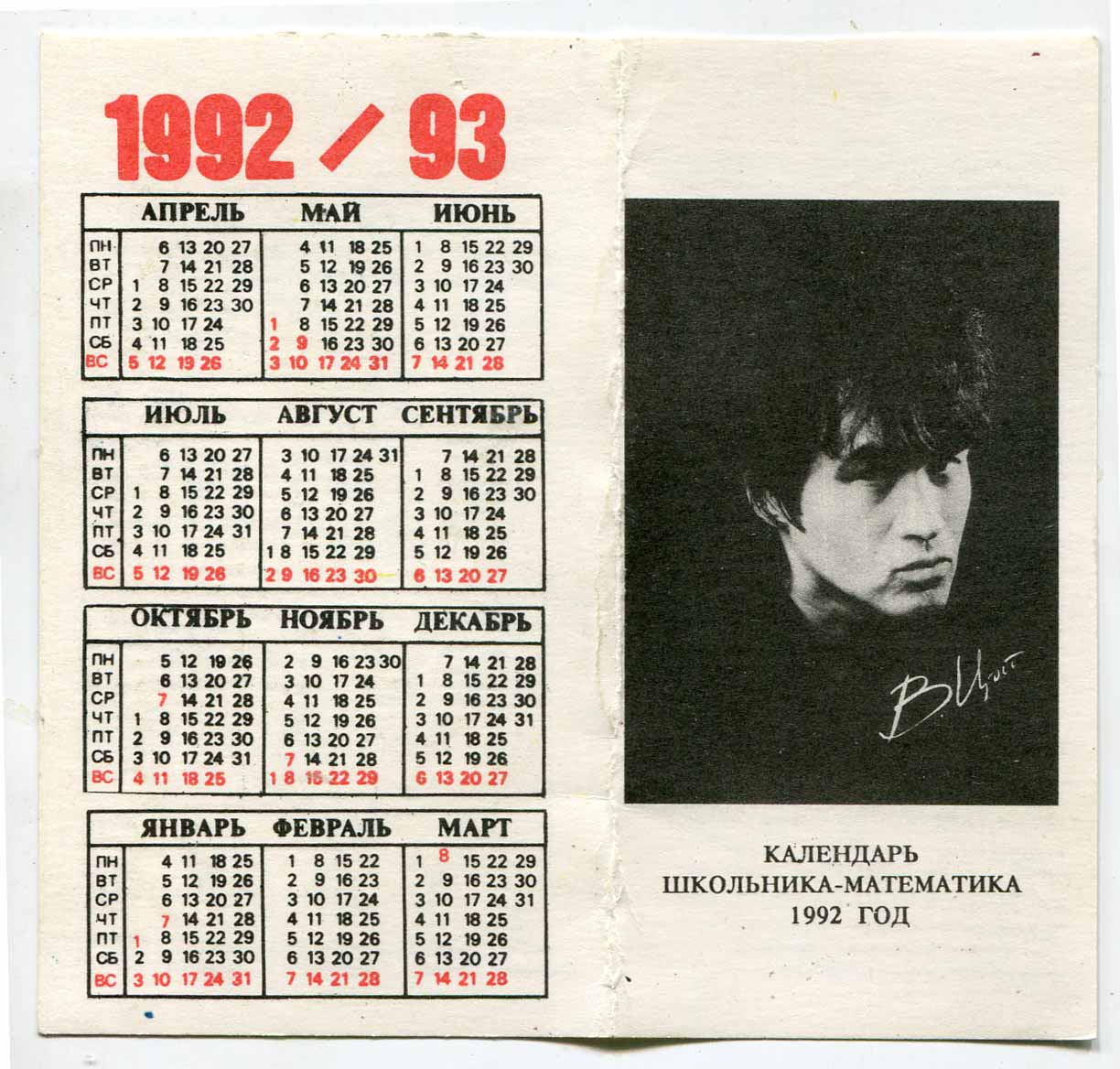Search Results
Search Terms
Results: Displaying Artifact 1 - 6 of 19 in total
Text Containing:
Thematic Tags: Rock Music
Red Wave: 4 Underground Bands from the USSR
Starting in 1984, aspiring American rock singer Joanna Stingray (1960-) began smuggling recording equipment into Leningrad's rock community, orchestrating the first-ever Western release of Soviet rock music—the double album Red Wave (1986).
Sergei Solovyov’s film “Assa,” 1987
The finale of Sergei Solovyov’s (1944-2021) film 1987 film ASSA features rock star Viktor Tsoi (1962-1990) performing his hit "Changes! [Peremen]" to a stadium crowd. The film’s record-breaking commercial success marked the moment when Soviet rock music transitioned from counterculture to mainstream.
Last issue of the samizdat “Roksi” magazine, 1990
The final print issue of the Leningrad-based samizdat rock journal Roksi, founded in 1977 by members of the rock band Aquarium and the future president of the Leningrad Rock Club (LRC). Considered the first rock publication in the Soviet Union, and subject to raids by the KGB, Roksi eventually became the official newsletter of the LRC—thus attaining legitimization by the state apparatus.
TaMtAm Rock Club documentary for German television (1993)
This German television documentary captured one of Russia's first Western-style punk clubs, TaMtAm, founded in 1991 by Akvarium's Vsevolod Gakkel (1953-) after his visit to New York's CBGB.
No preview available
"Only the Wildest and Craziest": Kuryokhin's Neo-Avant-Garde on the Russian Radio
An episode of Kuryokhin’s radio program “Vasha liubimaia sobaka [Your favorite dog],” also known as “Nasha malen’kaia rybka [Our little fish],” aka “Russkii liudoed [Russian cannibal].”
Viktor Tsoi-themed calendar for 1992-1993
A math calendar intended for a secondary school student bearing a photograph of Viktor Tsoi (1962-1990), leader of the rock band Kino, on its front cover.
